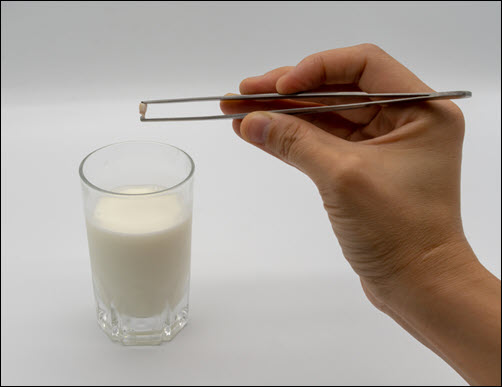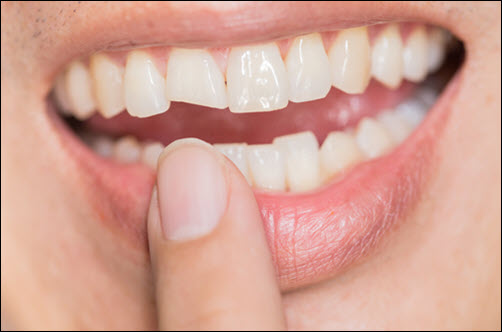Dealing with a Dental Emergency
Our teeth play a key role in how we view ourselves. So, when they are discolored, misaligned, have gaps, or other issues, we see a dentist to have them correct the problem. The same goes for problems like cavities, wisdom teeth extractions, and teeth whitening. However, there are times dental problems occur without warning, specifically dental emergencies caused by falls, accidents, biting into a hard object, or other mishaps. When a dental emergency affects you or your family, have a response plan for first aid.
 When such accidents happen, people tend to immediately rush to the dentist, which is a wise decision. But if the emergency occurs after-hours or on a weekend, help may not be readily available. Therefore, it’s beneficial to know what to do as first aid in certain types of dental emergencies.
When such accidents happen, people tend to immediately rush to the dentist, which is a wise decision. But if the emergency occurs after-hours or on a weekend, help may not be readily available. Therefore, it’s beneficial to know what to do as first aid in certain types of dental emergencies.
How to Handle a Dental Emergency
- Determine if it is an actual emergency. It might not be necessary to race off to the dentist. Some scenarios may seem like an emergency but can be endured until the dentist’s office reopens. Yes, a throbbing pain at the back of the gum is challenging. But if the skin isn’t broken and teeth aren’t cracked or chipped, perhaps try over-the-counter pain medication for temporary relief. Certainly, call your dentist’s after-hours number and ask to make an appointment ASAP.
- Stay calm. It is especially important if the injury involves your child or someone who is already anxious about dentist visits. Rather than panic, take a deep breath and a moment or two to assess the situation.
- Clean it up. If the damage causes bleeding, use a clean, damp soft cloth to remove some of the blood so you can see what has happened. Let the dentist know, and they will have an idea of what to expect when you arrive. Also, it may help to have gauze and an antiseptic mouthwash available to protect any open areas. If you do not have any mouthwash, salt water may reduce the chance of gum infection.
 Try at-home remedies as a temporary measure. Use a cold compress or a hot water bottle to alleviate the pain and reduce swelling. If a tooth is knocked out and you still have it, put it in a container of milk until you get to the dentist. (Milk’s composition is compatible with cells in your teeth, and it can help temporarily preserve the tooth.) If you have an empty tooth socket pack the space with gauze, a cotton ball, or even a dampened tea bag to help protect the area.
Try at-home remedies as a temporary measure. Use a cold compress or a hot water bottle to alleviate the pain and reduce swelling. If a tooth is knocked out and you still have it, put it in a container of milk until you get to the dentist. (Milk’s composition is compatible with cells in your teeth, and it can help temporarily preserve the tooth.) If you have an empty tooth socket pack the space with gauze, a cotton ball, or even a dampened tea bag to help protect the area.- Call the dentist. If you have not contacted the dentist yet, do it sooner rather than later.
Common Dental Emergencies
- Swelling of the jaw or face, typically due to an abscess
- Knocked out, chipped, or cracked tooth/teeth
- Extreme sensitivity to hot or cold foods/drinks
- Dental crown pain or the crown is missing
- Broken jaw
- Soft tissue infections, that can affect one’s airways
- TMJ that results in severe jaw joint pain or locking
Regardless of the type of emergency, do be sure to contact your dentist. They will be able to assess the situation over the phone and determine your next course of action.

